 |
 |
 |
 |
 |
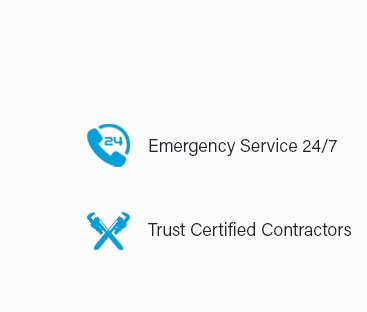 |
 |
 |
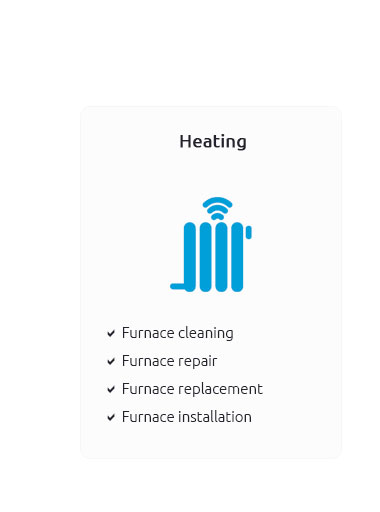 |
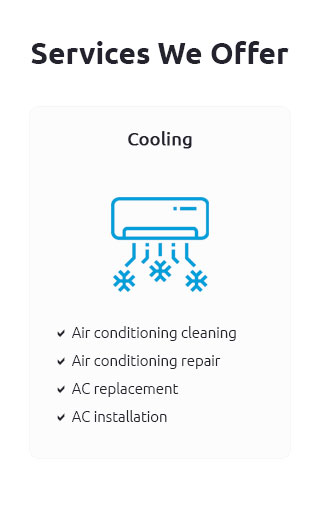 |
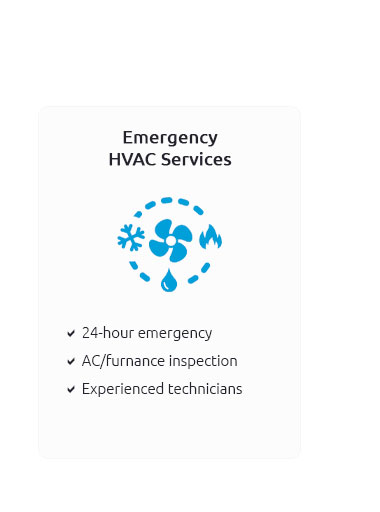 |
 |
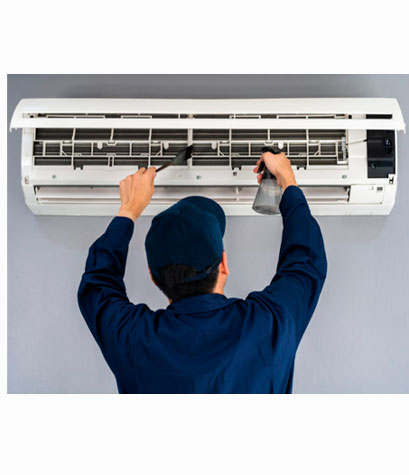 |
 |
 |
 |
Understanding the Essentials of Air Conditioning ReplacementThe decision to replace an air conditioning unit is not one to be taken lightly. It is a process that involves careful consideration, a bit of research, and a clear understanding of your specific needs. Air conditioning replacement is a substantial investment that promises to deliver comfort, efficiency, and potentially lower utility bills. However, the journey to a new, effective system can be paved with numerous decisions that require your attention. First and foremost, determining when to replace your air conditioning unit is crucial. As a rule of thumb, most systems have a lifespan of about 10 to 15 years. If your unit is nearing this age or if you've noticed a decline in its performance, such as frequent breakdowns or escalating energy costs, it might be time to consider a replacement. Upgrading to a newer model often means embracing modern technology that offers better energy efficiency and enhanced cooling capabilities. Once the decision to replace has been made, the next step is to assess the type of unit that best suits your needs. There are various types of air conditioning systems available, including central air systems, ductless mini-splits, and window units.
Choosing the right system involves considering factors such as the size of your home, your budget, and specific preferences. It's wise to consult with a professional HVAC technician who can provide expert advice based on a comprehensive assessment of your home’s cooling needs. Their expertise can help ensure that the system you choose is appropriately sized and efficiently meets your cooling demands. In addition to choosing the right type of system, it's important to consider the energy efficiency of the unit. Look for systems with a high Seasonal Energy Efficiency Ratio (SEER) rating, as these models will consume less energy and lead to lower electricity bills. Additionally, many energy-efficient models may qualify for rebates or tax incentives, providing further financial relief. Lastly, once you have selected your new air conditioning system, the installation process should be carried out by a certified professional. Proper installation is critical to the performance and longevity of your system. A poorly installed unit can lead to inefficient operation, frequent repairs, and a shorter lifespan. In conclusion, while the process of air conditioning replacement might seem daunting, approaching it with a clear plan and the right information can make the transition smooth and beneficial. Remember, investing in a new air conditioning system not only enhances the comfort of your home but can also offer substantial savings and peace of mind for years to come. https://scotthale.com/air-conditioning/air-conditioning-replacement/
The professionals at Scott Hale have experience handling all sorts of air conditioning systems, from standard units to ductless setups. No matter what you are ... https://www.ars.com/air-conditioning/replacement
The HVAC technicians at ARS/Rescue Rooter have years of experience installing, maintaining, and repairing AC units. Our Exceptional Service Guarantee spells out ... https://www.reddit.com/r/SaltLakeCity/comments/1bi685j/need_to_replace_our_air_conditioner_who_do_you/
And highly satisfied, I assume? Upvote 1. Downvote Reply reply. Award Share. xEbolavirus. 1y ago. I've used them multiple times. Upvote 3
|